General election 2017: Welsh manifestos at-a-glance
- Published
All of Wales' five main parties have published their Welsh general election manifestos.
The election on the 8 June is for the Westminster parliament, rather than the assembly, but parties are now in the habit of producing a distinct document for Wales.
They may include distinctive policies for Wales which can be implemented at Westminster, and may include proposal the parties for Wales' devolved policy areas.
You can find links here to detailed guides for each party - and we have listed the key pledges from each manifesto.

Plaid Cymru
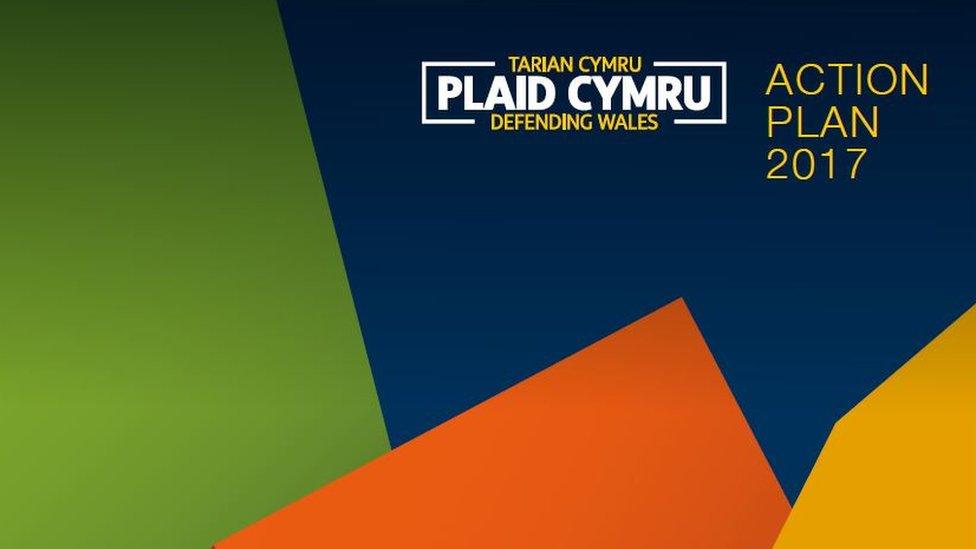
ensure that Wales can continue to buy and sell to Europe without any costly barriers
secure the money promised to Wales by the Leave campaign, and not accept a penny less
insist that all future trade deals are endorsed by the National Assembly for Wales
introduce a £7.5bn investment programme to fund vital infrastructure projects throughout Wales
block the development of the Port Talbot super prison
fight to guarantee the pensions triple lock

Welsh Conservatives
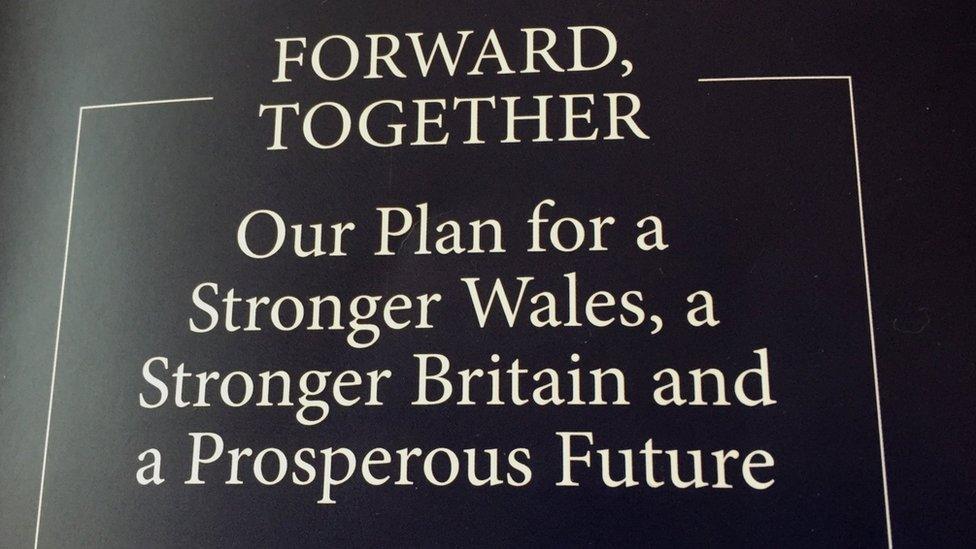
boost the North Wales economy with a growth deal
scrap Severn bridges tolls for all traffic
set-up a UK shared prosperity fund to replace EU aid following Brexit
more powers to the Welsh Government post-Brexit
modernise rail infrastructure with new trains and stations

Welsh Liberal Democrats
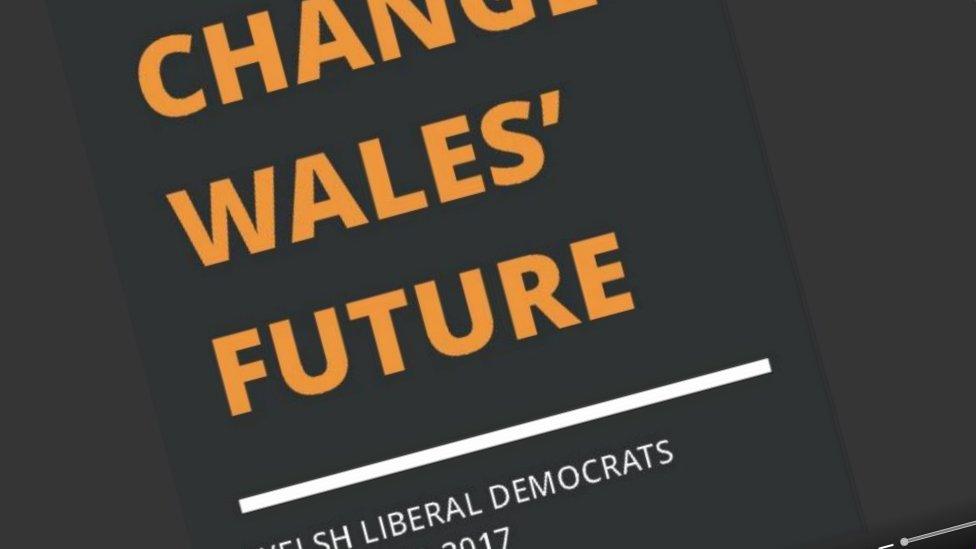
a referendum on the terms of Brexit
give more financial powers to Welsh ministers and increase their funding
transfer powers over transport, all Welsh ports, energy, broadcasting, air passenger duty, youth justice, policing and other justice powers from Westminster to Cardiff Bay
give the immediate go-ahead to the Swansea Bay tidal lagoon
put a penny in the pound on income tax, enabling Wales to spend an extra £300m on the NHS and social services
give an additional £7.5m a year to local police forces in Wales

Welsh Labour
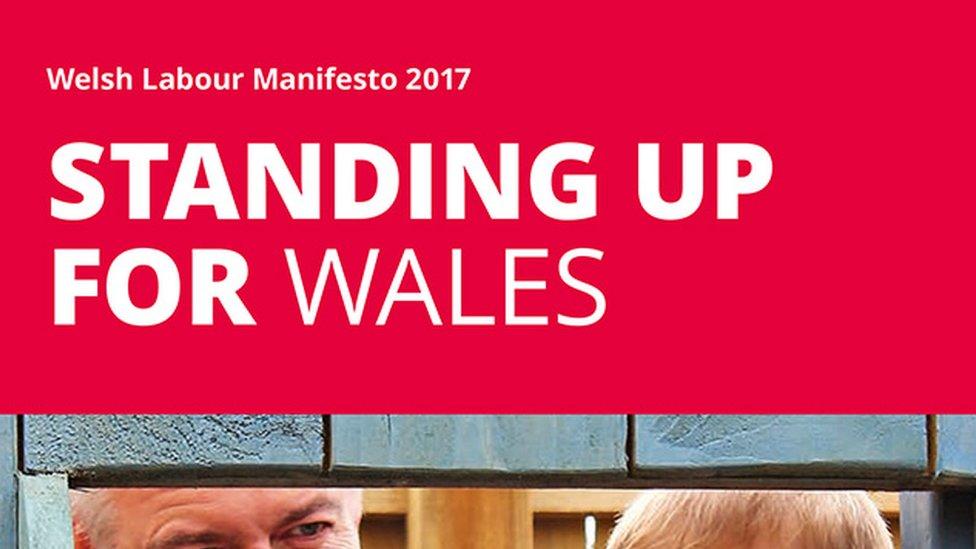
support for the Wylfa Newydd nuclear plant on Anglesey
give control of police to the Welsh Government
support for tidal lagoons - including Swansea
give Wales the same amount of economic aid post-Brexit, until 2020
work with Welsh Government to scrap Severn bridges tolls
around £1.5bn extra for Welsh public services

UKIP
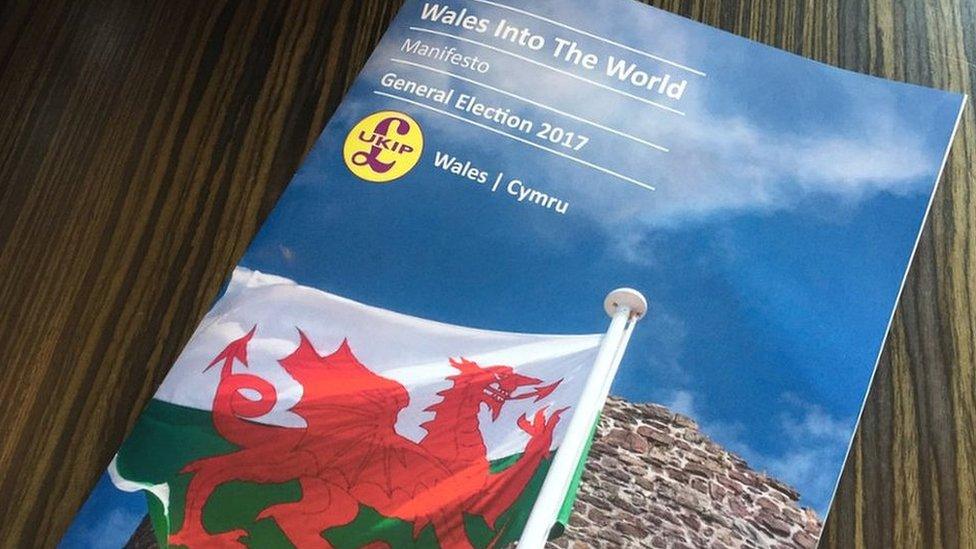
limit the total cost of running the Welsh Government, the assembly and local councils to 2% of the value of Wales' economy
allowing parent governors to request an Estyn inspection of their school
give mental health services parity with physical health services
scrap police and crime commissioners and creating a national commissioner
support the Swansea Bay tidal lagoon
revise the Barnett formula, used to distribute funds from Westminster to the Welsh Government

What is at stake at this election?
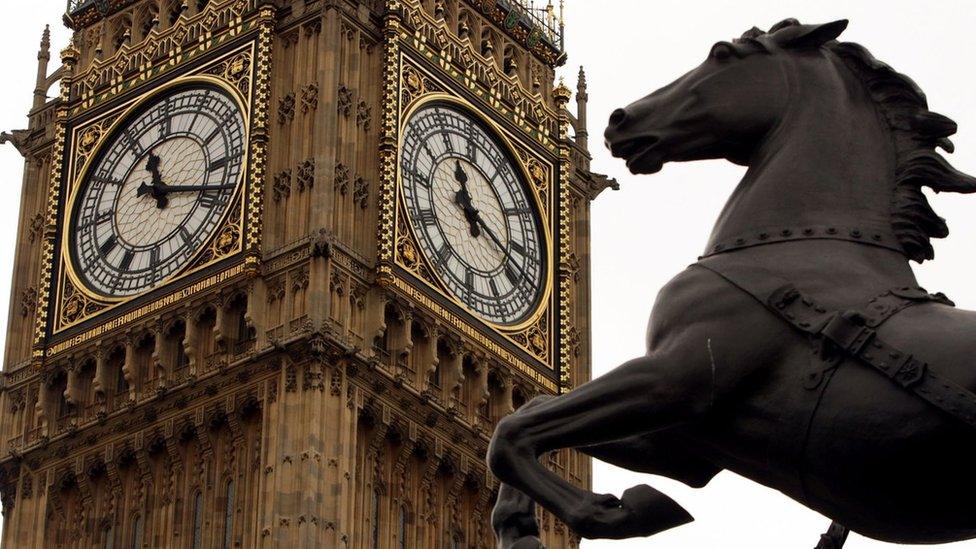
Skim-reading some of these manifestos, you might think that your vote will settle issues such as health and education in Wales.
But it will not.
Wales has a system of government where a number of things are in the hands of locally elected assembly members who sit in the Welsh Assembly in Cardiff Bay.
The last assembly election took place in 2016 and the next one is currently pegged for 2021.
Broadly, areas that are devolved include:
the NHS
education
culture, heritage and sport
housing
local government, including social care
Things that are not devolved include foreign affairs, benefits, the armed forces, big energy projects, the Severn bridges and negotiations to leave the EU.
Having said this, the money that comes to Wales to fund locally controlled services still largely comes from Westminster.
So MPs can have an effect on the overall amount of cash that is spent at Cardiff, but it is up to ministers here to decide how to spend it.
- Published26 May 2017
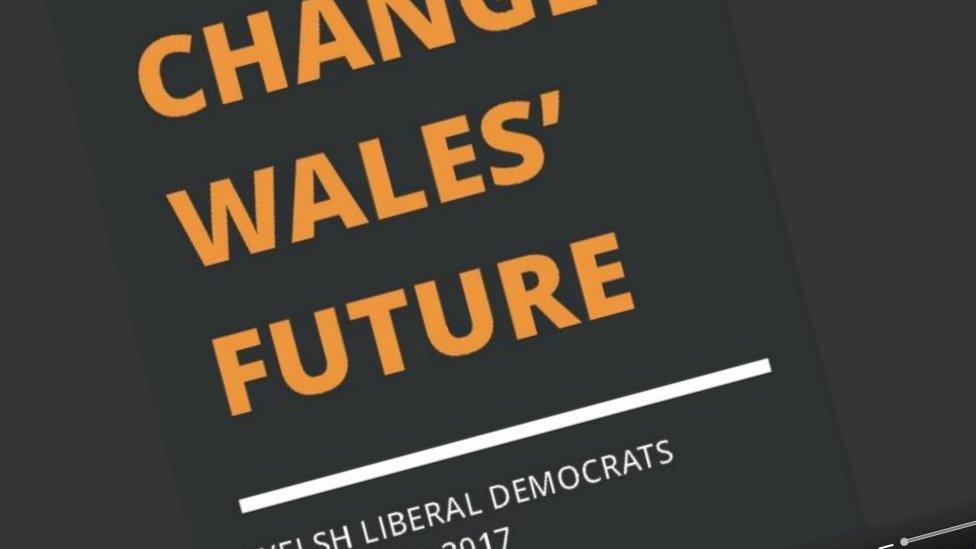
- Published26 May 2017

- Published26 May 2017
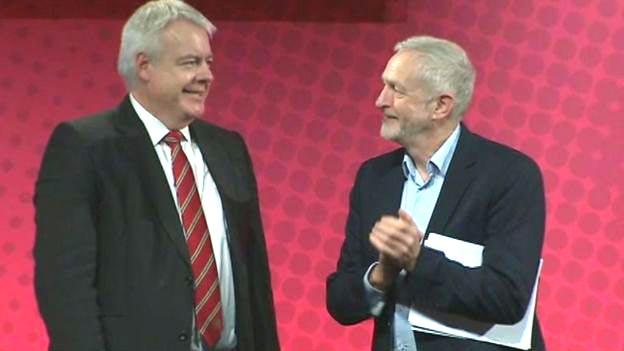
- Published26 May 2017
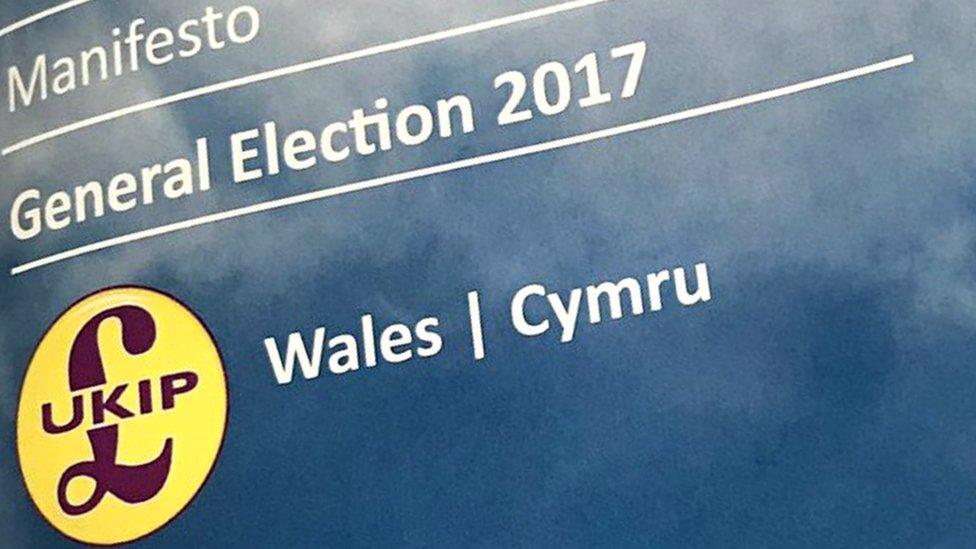
- Published16 May 2017
